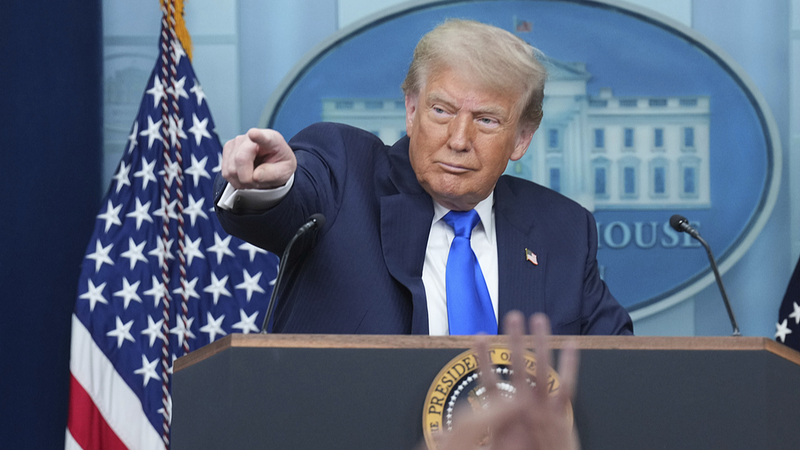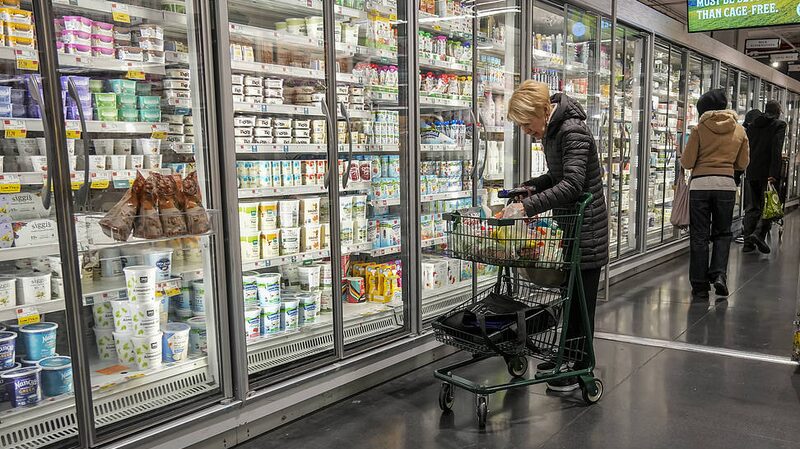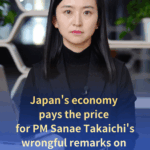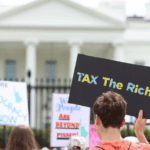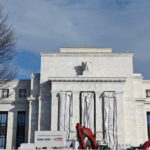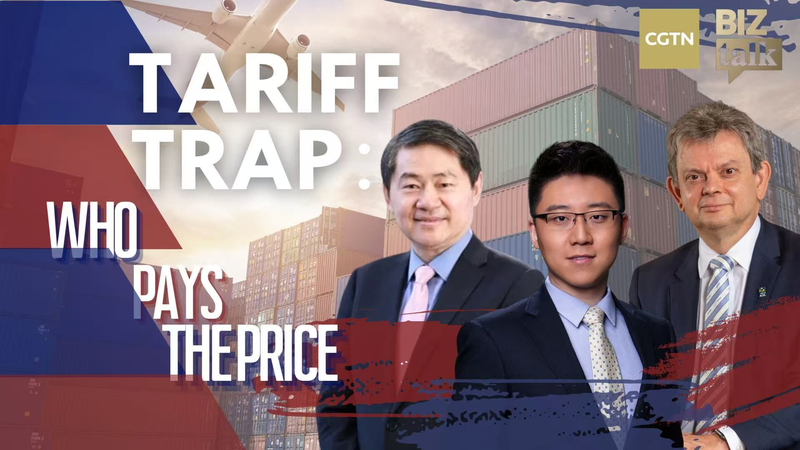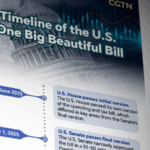Tax cuts for the top 1% have sparked heated debates worldwide, but one question keeps popping up: Who actually pays the price? 🧐
Xue Tianhang, an associate researcher at Zhejiang University’s Research Center for Regional Coordinated Development, argues that while tax reductions for high earners are often framed as economic boosters, they can shift financial burdens to middle-class families and public services. Think fewer funds for schools, healthcare, and infrastructure – the stuff that keeps societies running. 📚🏥🚧
"When wealth concentrates at the top,everyone else feels the squeeze," Xue notes. Countries experimenting with such policies have seen mixed results, with some facing backlash over growing inequality. 🌍⚖️
Young professionals and students are particularly impacted, as stagnant wages and rising costs collide with corporate tax breaks. Could rebalancing the system unlock more equitable growth? The answer might shape economies for decades. 💼📉
Reference(s):
cgtn.com
